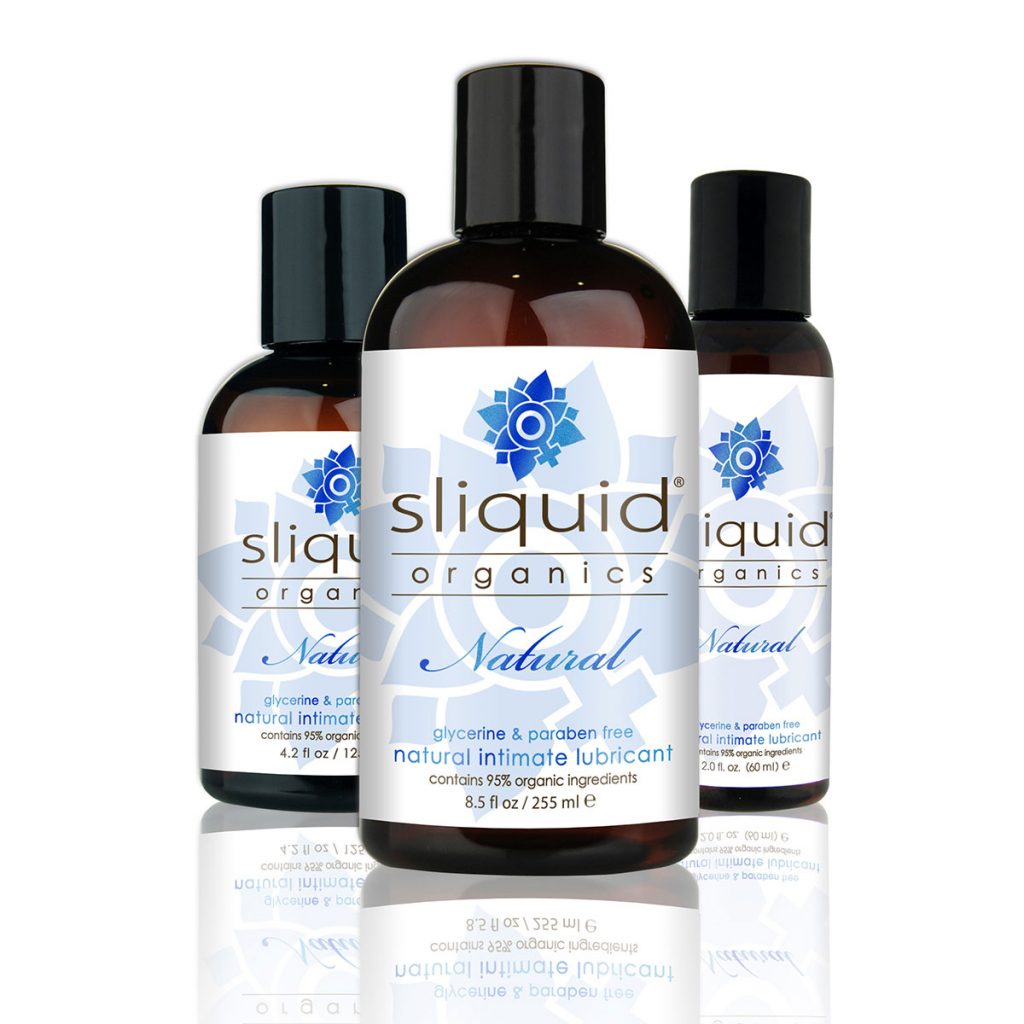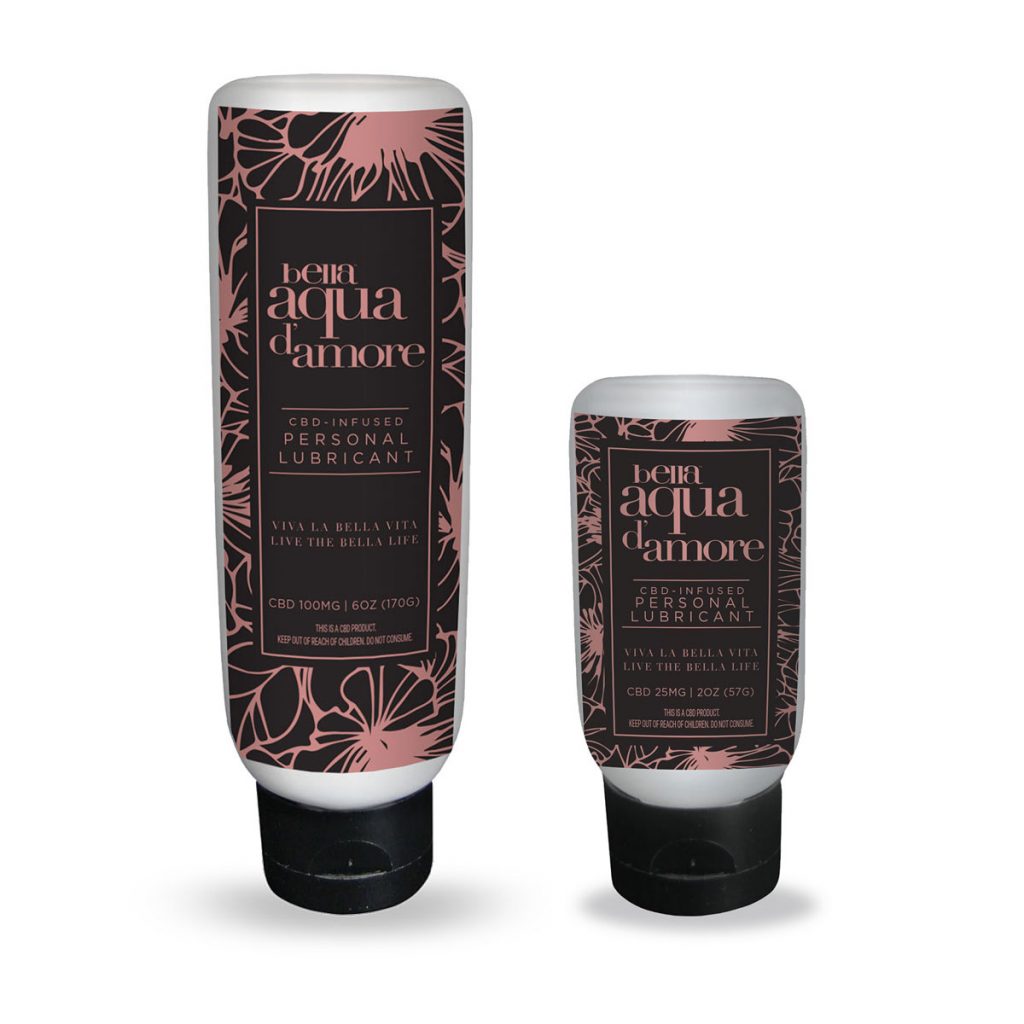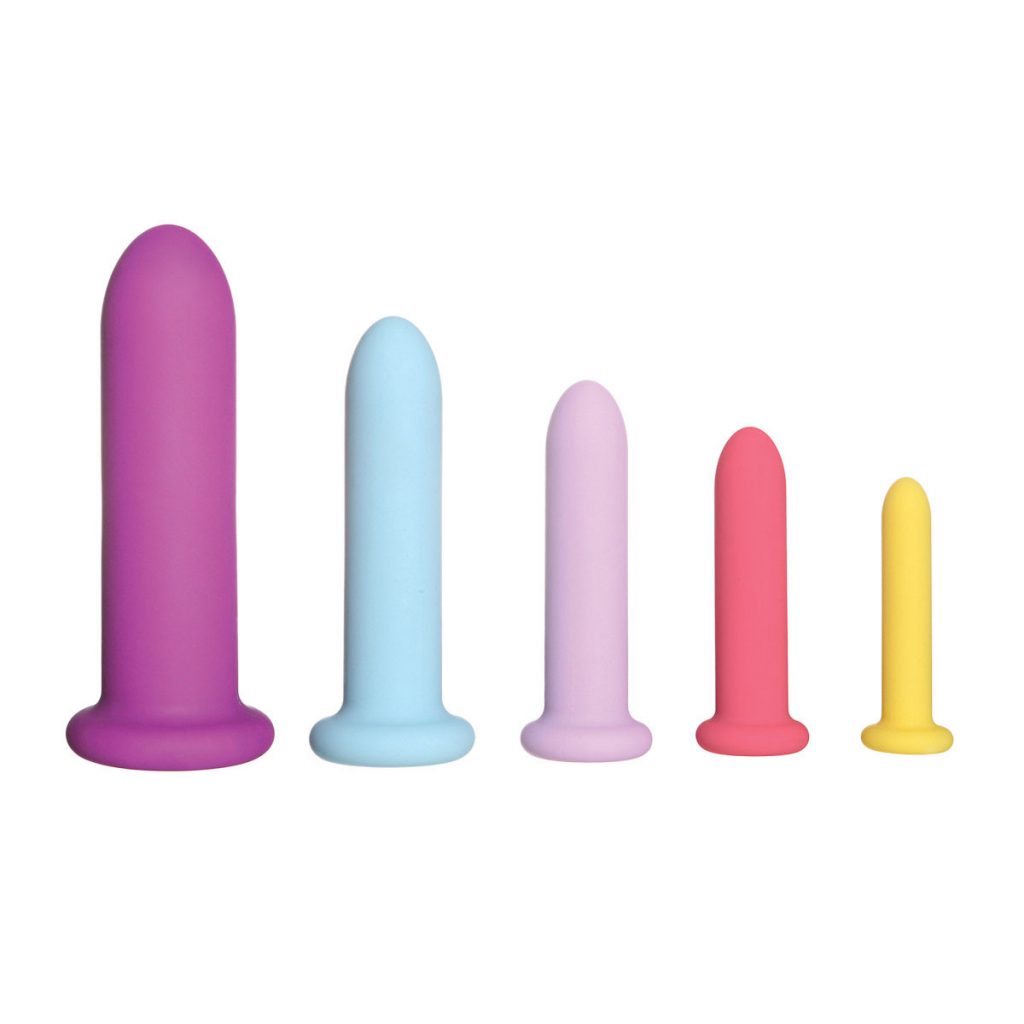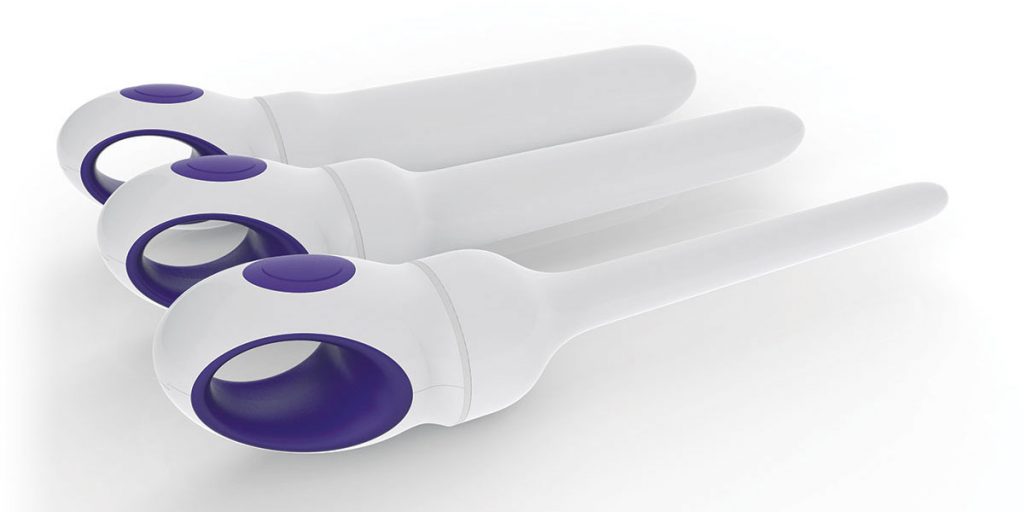Overcoming painful sex: Making dyspareunia a thing of the past
Let’s make this clear: sex should absolutely not hurt (unless you want it to). And, typically, the type of pain you would want to experience doesn’t come from your typical PIV (penis in vagina) sex.
If you are indeed experiencing pain when either a penis, a tampon or any type of toy designed for sexual pleasure enters or gets near your vagina, you are suffering from dyspareunia. But, what is dyspareunia? This is an umbrella term used by the medical community to describe pain that occurs before, during and/or after intercourse.
Now that you know the name for it, know that you can and should talk to your doctor to find some solutions. There is a cause and there is hope.
Please be aware: if you have already seen a doctor for this affliction and he or she has told you that nothing can be done, that you should “relax” or just “deal with it,” it’s time to see another doctor…stat. This is something that we cannot emphasize enough.
Your doctor should take everything you say at face value and tirelessly work with you to get to the root cause of your discomfort. There is always a reason and always an answer.
If your doctor dismisses you, you should dismiss THEM and find a new one.
Possible causes of dyspareunia
It is important for you to identify when your pain starts so you can partner with a medical professional in order to figure out what is causing it.
Does the pain start upon entry into the vagina? Or does it tend to accompany deep thrusting? Is it caused due to psychological distress such as anxiety or even PTSD? Emotional factors could cause both pain upon entry and from thrusting.
Pain upon entry
If you are experiencing pain when something begins to enter your vagina, a common cause could be a lack of lubrication. This can be caused from not enough foreplay or lack of physical stimulation.
Your body may be experiencing a drop in lubrication due to hormonal issues and/or changes such as childbirth or breastfeeding. In addition, many medications could cause dryness and lack of arousal.
If you are currently on any medications, discuss this side effect with your medical provider to see if something can be done. If you are going through any hormonal changes that you are aware of, a trip to the doctor could help as well.
Try lubricant
In any of these situations, using a lubricant could help more than you thought possible. In fact, lube can be a game changer and enhance pleasure.
There are a wide variety of lubricants available! Keep in mind, if you are going to use lube, find something that was created specifically for intimate lubrication. Stay away from products like lotions made for your skin or petroleum jelly.
It is extremely easy to knock your vaginal balance out of whack when you introduce something foreign into your body.
One of our more popular types of lube that we feature is from Sliquid Organics. It is made with organic extracts that actually support the body. In addition will never cause a yeast infection or an UTI.

If you find that you are tensing up prior to sex, even when you think about it, you may want to choose a lubricant that is infused with CBD oil. This lube can help enhance blood flow, relax you and has been created by women for women.

If a lube doesn’t help, please see your doctor. Sometimes there can be a type of injury or abnormality present that can make any type of penetration painful or impossible.
Try a dilator
Let’s first talk about what a dilator is not; it is not a dildo! Many people—especially those who experience painful sex—can get overwhelmed at the thought of using anything that resembles a phallic instrument.
A dilator is used to help heal and gently stretch muscles that have either been atrophied or have been hurt due to surgery or some type of trauma. Many times, women who have undergone chemotherapy seek out the use of a dilator to loosen up tense muscles and help deal with scar tissue.
Those who use dilators start small and then gradually work their way up to the size of a typical penis. This dilator kit has been designed specifically for a gradual and progressive regime that will help help the vagina.

As you start with the smallest dilator and then work your way to the largest, you can experience a whole new world of being able to embrace your sexuality.
A doctor can help assist you in putting together a safe routine that is appropriate for your body.
If you are looking for something that can eventually help with pleasure immediately or in the near future, a vibrating dilator can be the answer. This product was designed by a female physician and features a smooth surface that is extremely gentle. The vibration can help with other sexual issues including reaching orgasm.

Pain from thrusting
If you find that your body can indeed accommodate penetration, but you feel pain during the thrusts of sexual intercourse, do not ignore this! Certain types of illnesses or conditions can cause you to feel discomfort.
Pelvic inflammatory disease or ovarian cysts can cause pain internally. In addition, if you have undergone any type of surgery such as a hysterectomy or had a type of cyst or tumor removed, it may be time for another check up.
Yearly checkups are always recommended whether you are feeling pain during sex or not. Take care of all of your parts! They are yours for life. Treat them with respect, love and care; you deserve all the pleasure life has to offer.
Resources:
https://www.mayoclinic.org/diseases-conditions/painful-intercourse/symptoms-causes/syc-20375967





